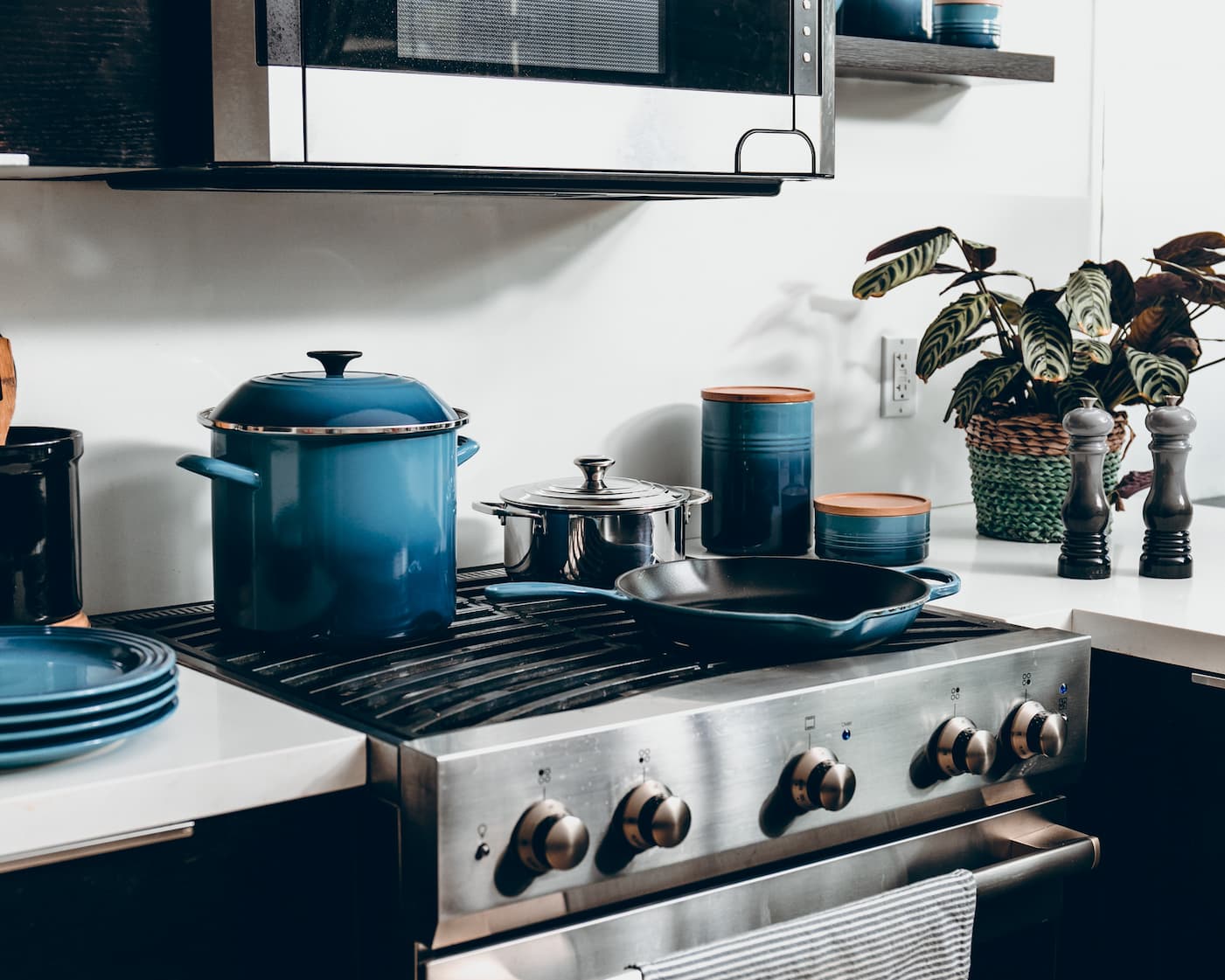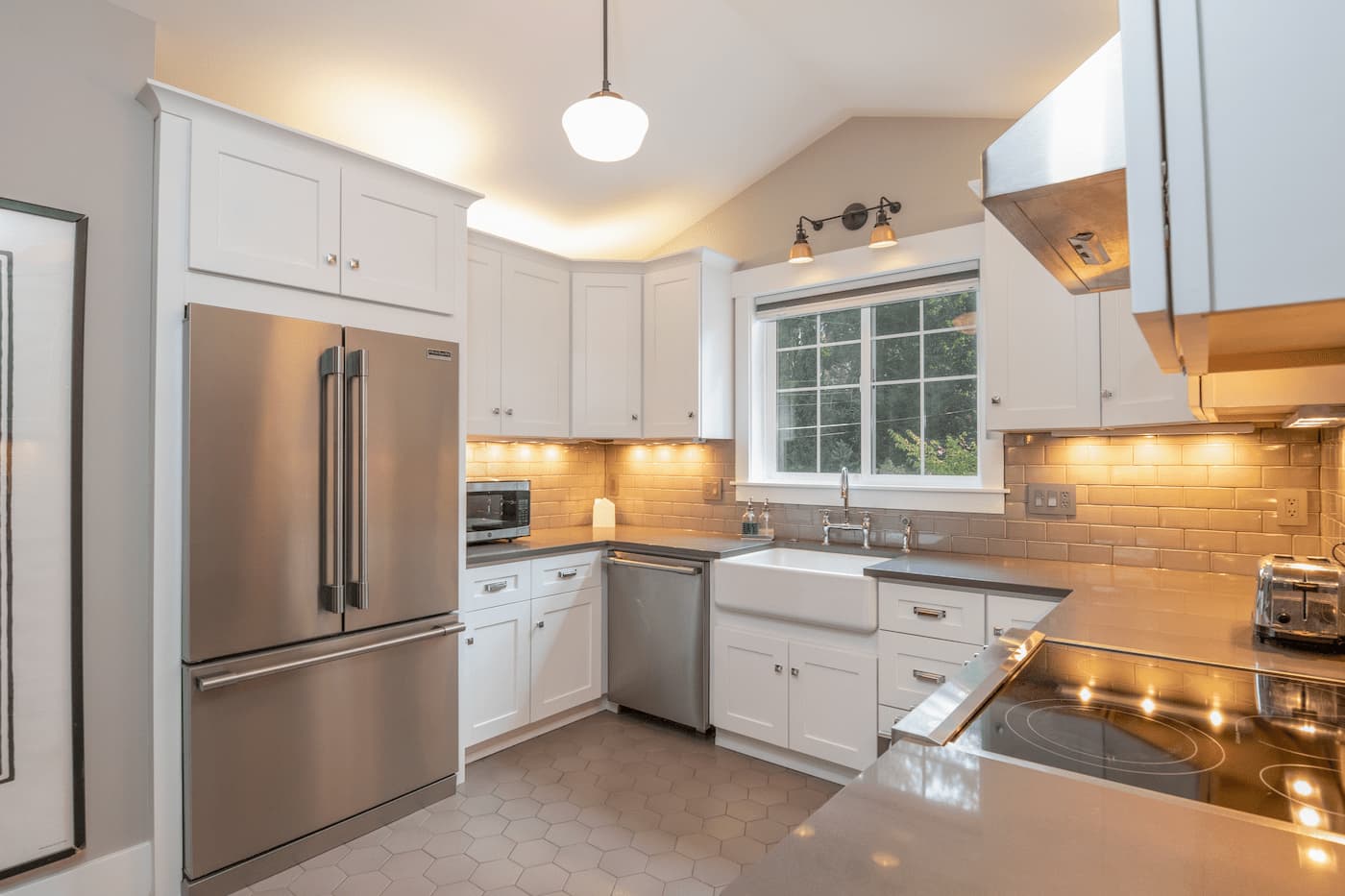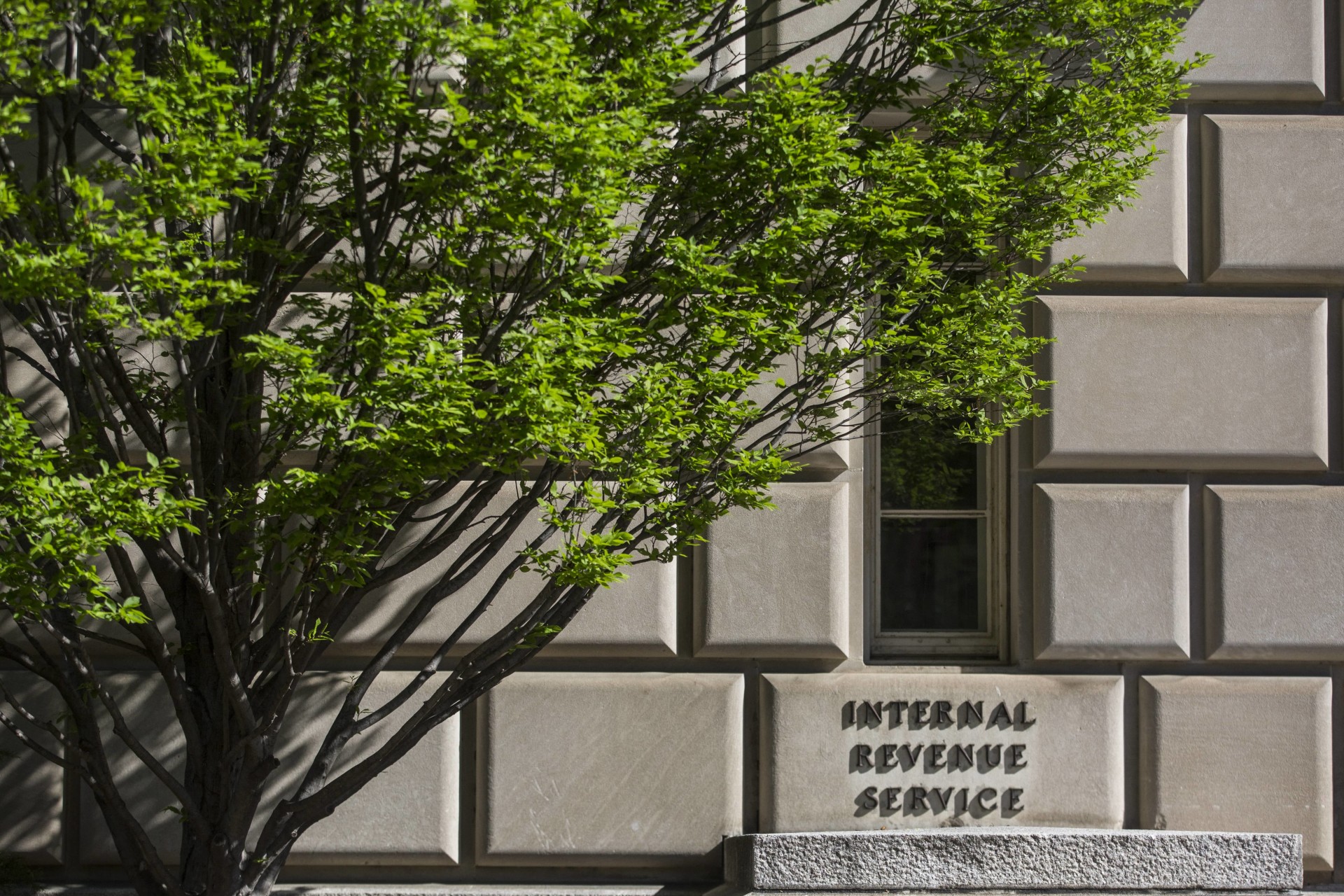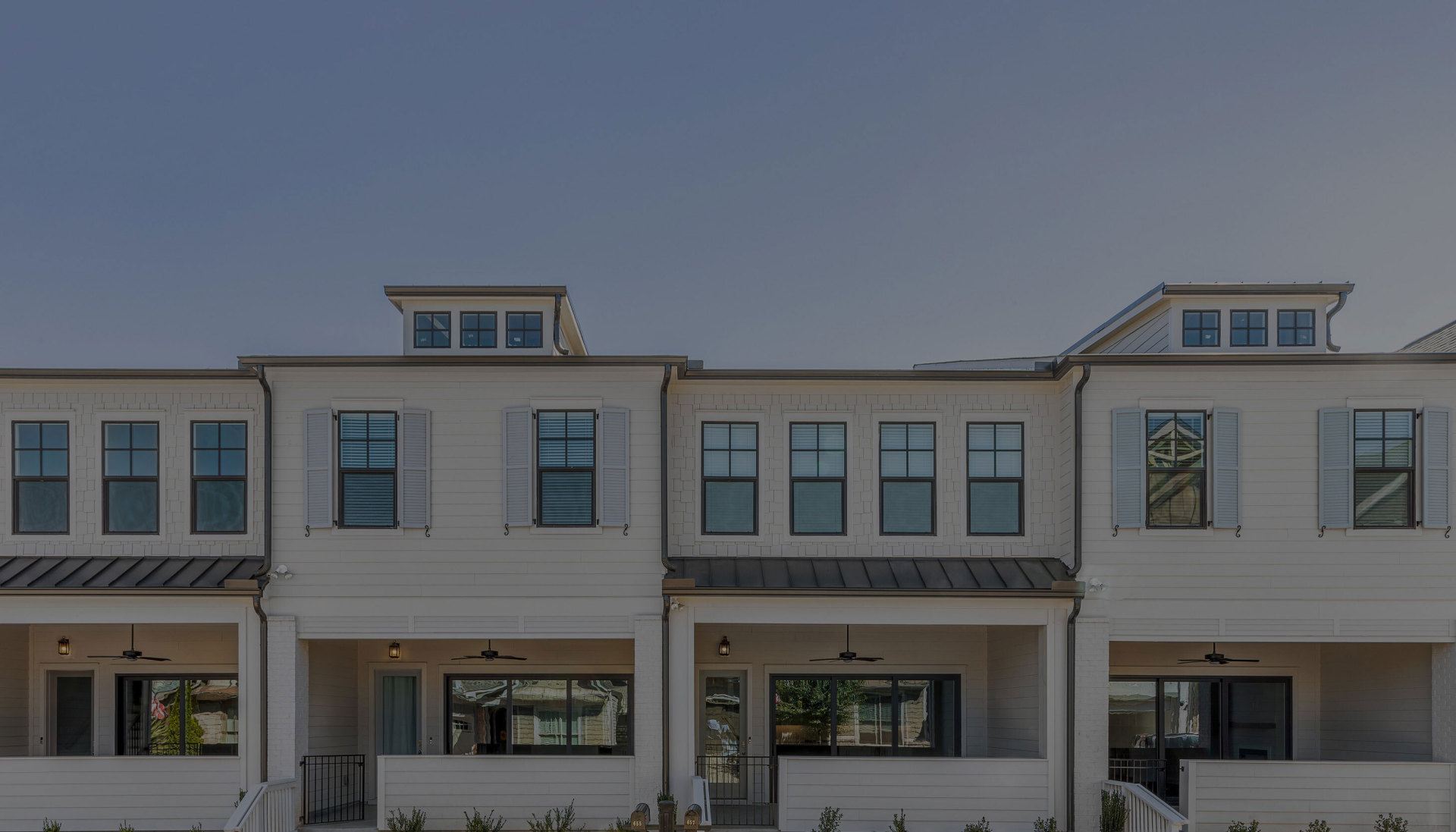Attract high-quality residents with new appliances
Real estate investing
3/24/2021
- gas stove
- dishwasher
- garbage disposal
- refrigerator
- washer and dryer
- low-flow toilet
- low-wattage heater
- energy-efficient light fixtures
- energy-efficient faucets
- energy-efficient valves
10 out of 10 chefs prefer a gas stove
When your power goes out, your stove also goes out if it’s electric. A gas-powered stove doesn’t stop working in the event of a power outage. Foodies and chefs typically prefer a gas stove, since the oven and burners heat up much faster and more evenly than their electric counterparts. Cleaning is a breeze: Gas cooktops are much easier to clean and maintain than electric ones.

A dishwasher makes life easier
Dishwasher make post-meal clean-up easy. When residents keep a property clean and tidy, they generally save the owner money in the form of lower upkeep and maintenance costs. Installing a dishwasher sends a signal that the owner cares, which makes residents feel valued. Happy residents tend to stay put and lease a home for a longer period of time than disgruntled tenants.
A garbage disposal does more than you think
Whether it’s a ¼ or ½ HP (horsepower) garbage disposal, this small, motorized machine under the sink efficiently disposes of leftover so that less waste ends up in the local landfill. Priced between $200 and $300, a garbage disposal additionally functions to keep pipes – especially the p-trap – clean. Wardlaw reminds tenants to refrain from throwing large amounts of food in the garbage disposal, especially if they have a ¼ HP appliance or smaller, as it could damage the blades or cause the disposal to break down.

A new refrigerator boosts returns
Even if it’s not a state-of-the-art appliance, a new, standard-model refrigerator increases ROI over the long term and cuts down on the number of service requests. A stainless-steel refrigerator adds even greater value to a rental asset and is a popular option among many renters and owners alike. French doors add to a refrigerator’s functionality as well as its aesthetic appeal. Even a traditional-looking, white refrigerator will be appreciated by residents if it’s sparkling clean and brand new.
A washer/dryer increases a rental’s value
According to the National Apartment Association (NAA), providing an in-unit washer and dryer in a rental boosts the home’s value by 15 percent. This appliance sends the message that the owner cares about her tenants. As a tenant, taking laundry to a laundromat or arranging for a laundry service is inconvenient and time-consuming, and can become expensive, Wardlaw says.
Flush your worries down the drain with a low-flow toilet
A low-flow toilet conserves water, which is a must-have feature in drought-prone regions of the United States such as California or the Southwest. A low-flow toilet saves tenants on their water bill each month. An environmentally friendly appliance, a low-flow toilet appeals to conscientious and respectful tenants, who tend to be responsible and good caretakers of an owner's investment.
Save energy with a low-wattage space heater
A traditional space heater consumes inordinate amounts of energy, while a lower-wattage alternative may use only between 50 to 750 watts, slashing residents’ electricity bill. A lower-wattage heater keeps tenants just as warm as a high-watt option, especially in smaller spaces like a rental home or apartment, according to Wardlaw.
Conserve water with energy-efficient faucets, shower heads and valves
Much like the low-flow toilet, these energy-efficient kitchen and bathroom fixtures are a necessity in regions prone to droughts and water shortages. Energy-efficient water fixtures in the bathroom can significantly reduce residents' water bill each month. These environmentally friendly fixtures appeal to conscientious, respectful tenants who will take good care of the owner's investment. And a well-maintained asset generates a higher resale value. A shower head is a very inexpensive appliance that still provides residents with plenty of water when showering, says Wardlaw. Given the high quality of today’s manufacturing processes, residents can’t tell the difference between an energy efficient shower head and a traditional one.
Low-cost appliances are 100 percent tax deductible
You might also like

10 Best Property Management Companies in Indianapolis, IN
Real estate investing 5 min read

How inflation is impacting the housing market
Real estate investing 5 min read

An intro to investing in single-family rental (SFR) real estate
Real estate investing

10 Best Property Management Companies in Tulsa
Real estate investing 5 min read
Results Oriented, Full-Service Property Management
Simple monthly rates. Upfront, flat-fee pricing. Click on your city below to learn more about our property management services.